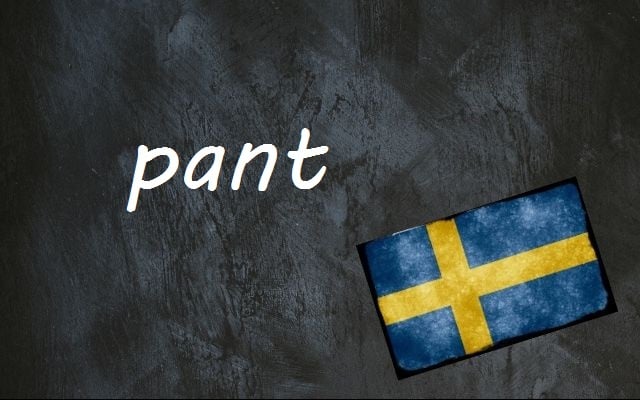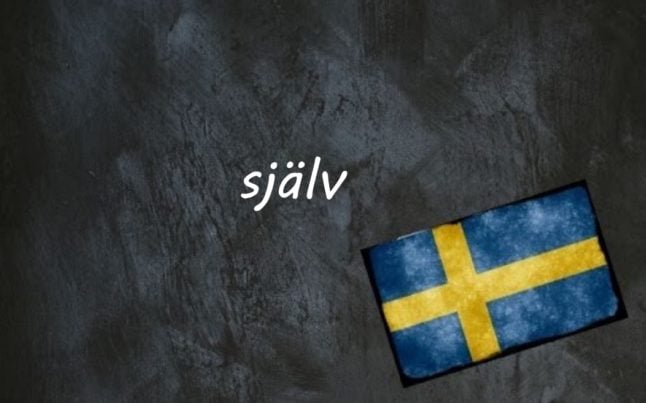Pant refers to money paid as security for something; in English it could be translated as “refundable deposit”, “security” or “pawn”.
For example, if you buy property in Sweden, you will probably be told the property is currently pantsatt, which means a mortgage has been taken out against it (this should be resolved on the day the property changes hands). You could also pay money in pant as security against other kinds of debts.
But in everyday life, the more common usage is the pant fee you pay when you buy recyclable bottles and cans. This is listed as a separate amount on your receipt, so a drink in a plastic bottle may cost you 23 kronor and an extra 2 kronor in pant. You get the pant back by recycling the bottles at pantmaskiner/pantstationer (bottle and can recycling stations) which can be found in most Swedish supermarkets. Similar schemes exist in Germany, Denmark and Norway among others, with the aim of encouraging recycling.
In Sweden, the scheme was introduced in 1984, and today Pantamera, the company operating the pantsystem, says 99 percent of Swedes participate in it, with more than 200 bottles recycled per person in 2020. The company’s goal is for 90 percent of all cans and PET bottles to be recycled in Sweden, and in 2020 they weren’t far off at 88 percent.
The verb panta means to hand something in and get money in return, but usually it refers simply to the act of recycling bottles. You can also use pant to talk about other similar recycling schemes, for example at restaurants which charge a pant fee for their packaging which is returned if you bring the box back for recycling.
Examples
Miljarder burkar har återvunnits sedan Sverige införde pant
Millions of cans have been recycled since Sweden introduced refundable deposits
Jag lämnar den här i pant
I’ll hand this over as security
Villa, Volvo, Vovve: The Local’s Word Guide to Swedish Life, written by The Local’s journalists, is now available to order. Head to lysforlag.com/vvv to read more about it. It is also possible to buy your copy from Amazon US, Amazon UK, Bokus or Adlibris.



 Please whitelist us to continue reading.
Please whitelist us to continue reading.
Member comments